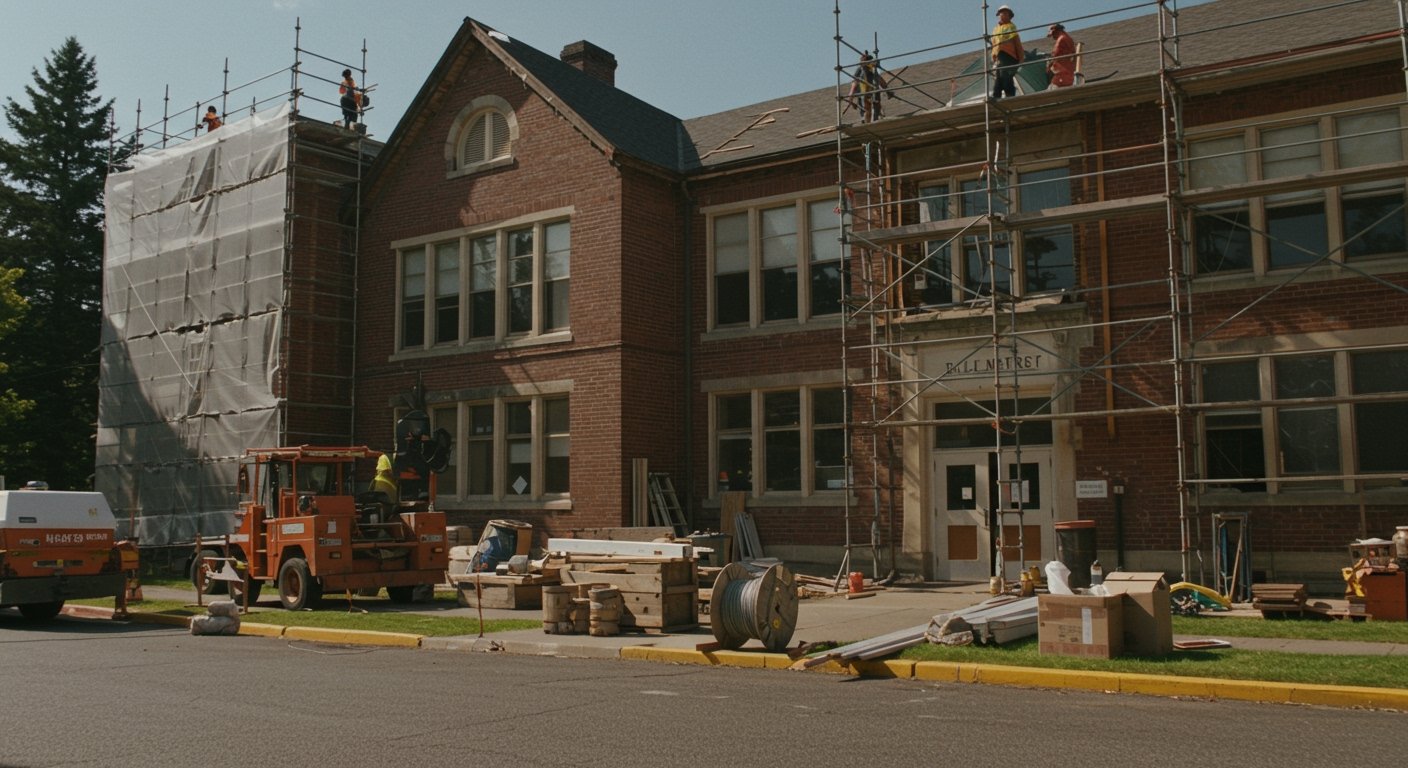The Bend Bulletin’s Editorial Board has weighed in on the performance of the Bend City Council, offering a generally positive assessment while simultaneously raising concerns about a significant operational issue: the excessive length of council meetings. The editorial, published recently, specifically targeted the marathon sessions that have become a hallmark of the council’s proceedings, advocating for a more streamlined approach to conducting city business.
Meeting Length: A Growing Concern
At the heart of the editorial’s critique lies the sheer duration of the council’s meetings. The Board unequivocally stated that meetings consistently exceeding three hours are simply too long, a point supported by the reality that these sessions have frequently stretched beyond the five-hour mark. This extended timeframe has led the Board to question the efficacy of the council’s decision-making processes, suggesting that fatigue and a loss of focus can undermine the quality of their deliberations.
The issue of meeting length is not merely a matter of inconvenience; it has tangible implications for the councilors themselves. Prolonged meetings can take a toll on their ability to concentrate, analyze complex issues, and make informed choices. The Editorial Board’s concern underscores the importance of efficient governance and the need for council members to be at their best when addressing critical matters affecting the community.
Addressing the Problem: Potential Solutions on the Horizon
Recognizing the need for change, the Bend City Council is reportedly considering adjustments to its meeting schedule. These changes are intended to address the concerns raised by the Editorial Board and, ultimately, improve the council’s operational efficiency. While specific details about the proposed modifications have not been fully disclosed, the acknowledgement of the problem signals a commitment to finding solutions.
The Board’s call for shorter meetings implicitly highlights the importance of time management and agenda setting. By streamlining the proceedings, the council can potentially achieve the same goals while minimizing the strain on its members. This could involve more rigorous prioritization of agenda items, delegation of certain tasks to committees, or the implementation of other procedural changes aimed at maximizing productivity.
The New Schedule: Work Sessions and Business Meetings
Looking ahead, the council is taking steps to address the meeting length issue while maintaining its commitment to public accessibility and engagement. The upcoming work sessions are scheduled to take place on Mondays in the afternoon. This format will provide councilors with dedicated time to delve into specific issues, conduct research, and prepare for the more formal business meetings.
The actual business meetings, where votes are taken and official decisions are made, will continue to be held on Wednesdays at 6 p.m. The council aims to conclude these meetings by 9 p.m. This represents a clear effort to establish a more predictable and reasonable timeframe for their deliberations, aligning with the Editorial Board’s recommendations for improved efficiency.
A Balancing Act: Governance and Community Engagement
The Bend City Council faces the perpetual challenge of balancing the need for thorough deliberation with the demands of effective time management. The Editorial Board’s criticism provides an opportunity for the council to reflect on its practices and make necessary adjustments. Shortening meetings doesn’t mean avoiding important issues. It’s about making the best use of the time they have.
By responding to the editorial’s feedback, the council can demonstrate its commitment to responsible governance and ensure that its members remain well-equipped to serve the community. This includes providing enough time to review issues but also making sure that they are not overworked and can stay focused.
Ultimately, the goal is to foster an environment where councilors can make informed decisions, engage with the public effectively, and address the diverse needs of Bend’s residents. The proposed changes represent a step in the right direction, paving the way for a more efficient and productive council.




